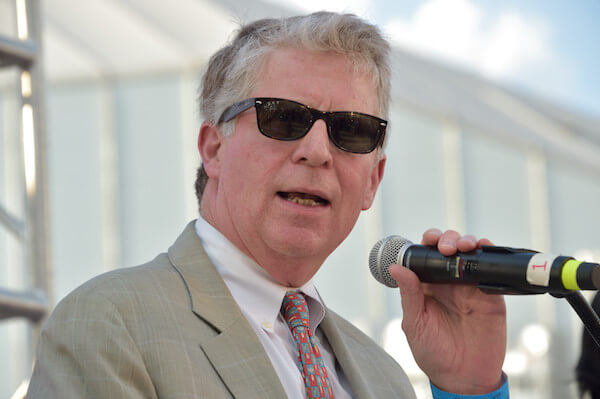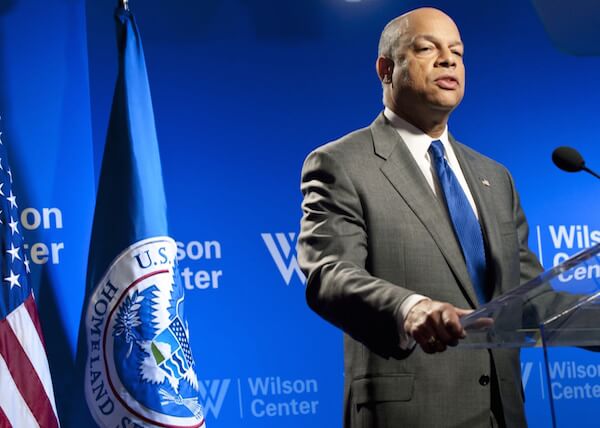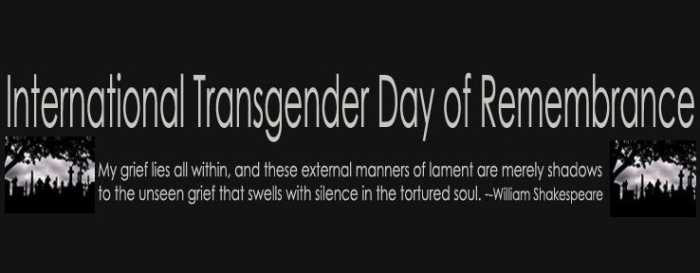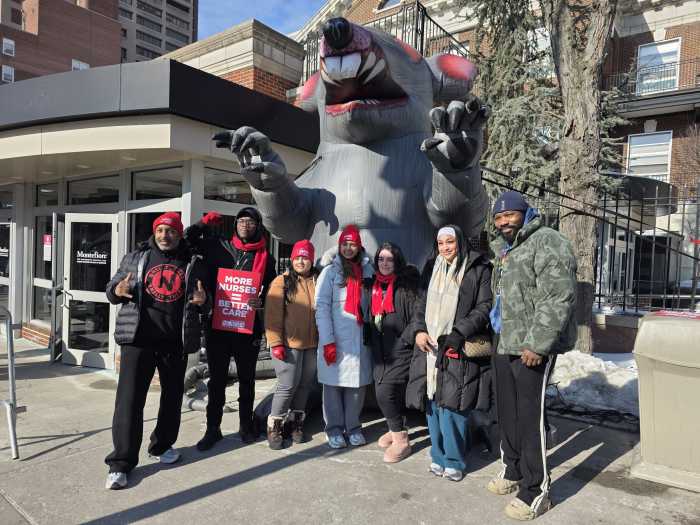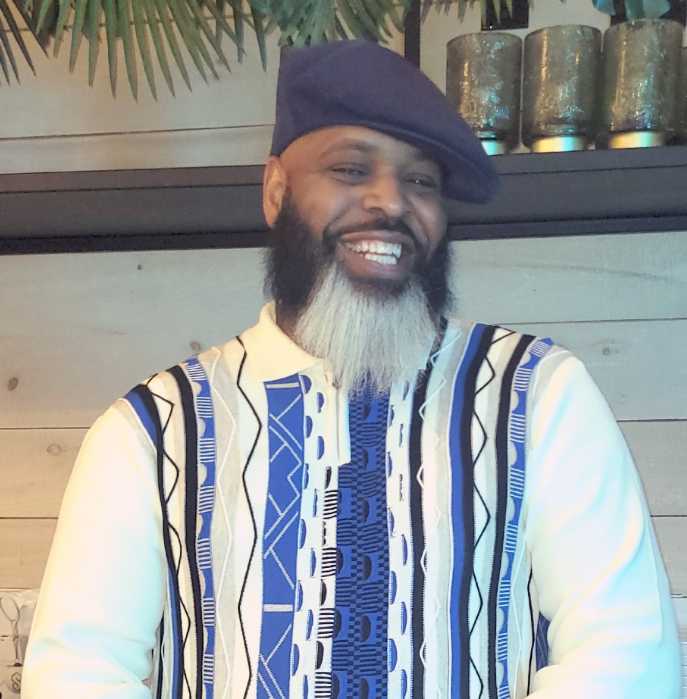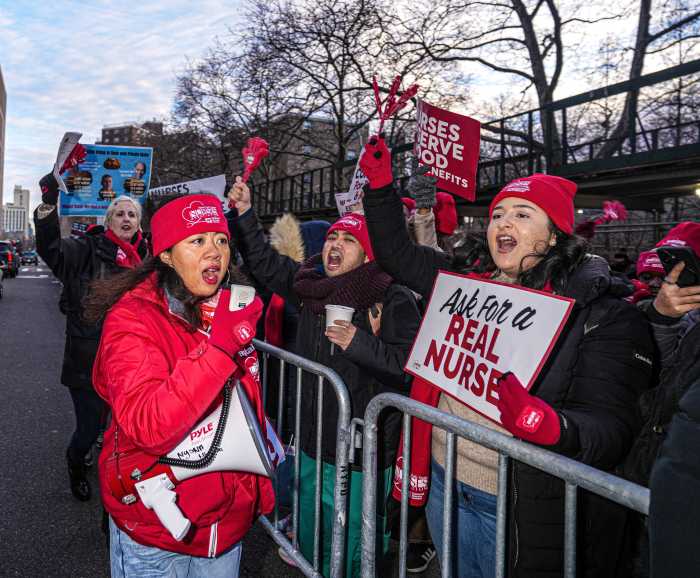As the North Carolina Legislature convened on April 25 for the first time since enacting that state’s anti-LGBT HB 2 last month, hundreds of activists descended on the Capitol in Raleigh and one prominent transgender leader leader took a profoundly personal step to challenge the new law.
Mara Keisling, the executive director of the Washington-based National Center for Transgender Equality, used a public bathroom in the Capitol building.
“And… I used the women’s room in the governor's office,” Keisling posted on Facebook late in the morning. “Governor [Pat] McCrory can’t even enforce his law in his house.”
Keisling and her fellow LGBT activists and allies were at the Capitol to deliver what the Human Rights Campaign said were roughly 190,000 signatures on petitions to repeal HB 2, which bars localities in the state from extending nondiscrimination protections separate from what is provided under state law and restricts access to sex-segregated bathroom facilities based on the gender designation on an individual’s birth certificate. North Carolina law allows birth certificates to be amended only on evidence of gender-reassignment surgery, meaning that many transgender people in the state would have no legal means of accessing a bathroom consistent with their gender identity.
National Center for Transgender Equality’s Mara Keisling uses ladies room in governor’s office
Legislative Democrats introduced repeal legislation on Monday, but with no Republican sponsors and the GOP holding a 74-45 edge in the House and 34-16 in the Senate, the effort’s prospects appear bleak. The measure received rushed consideration in a special March session of the Legislature called in response to the pending implementation of an LGBT rights ordinance in Charlotte, where McCrory once served as mayor.
NCTE is one of many groups fighting HB 2 and is urging allies to join the battle with the social media hashtags #FlushDiscrimination, #WeAreNotThis, and #RepealHB2. Keisling delivered the petitions to McCrory’s office with the Reverend William Barber, president of the North Carolina NAACP.
Earlier this month, Barber told a press conference, “We are the laughing stock of the whole nation.” On its website, the NAACP chapter wrote, “The legislation has very little to do with restrooms and much to do with our need to prevent this immoral attempt to legislate a wide array of unconstitutional discrimination and hatred which we find when we read the fine print beneath these homophobic scare tactics… We refer to it more appropriately as ‘Hate Bill 2.’ It is sad that certain so-called Christian leaders are supporting this bill and participating in this political ploy.”
The backlash against the North Carolina law has extended well beyond LGBT, civil rights, and faith organizations. According to the Human Rights Campaign, more than 180 CEOs — from companies including Apple, Bank of America, Wells Fargo, and Marriott — have written to McCrory voicing their opposition, and both PayPal and Deutsche Bank have canceled expansion plans in the state. The National Basketball Association is threatening to pull its 2017 All-Star Game from Charlotte if the law is not repealed, and Bruce Springsteen, Ringo Starr, and Pearl Jam have canceled performances there.
The Obama administration is looking into whether the new law disqualifies North Carolina from certain categories of federal aid, and HB 2’s evident conflict with Title IX’s requirement that transgender students not face discrimination could imperil up to $4.5 billion in public education funding. A ruling last week from the Fourth Circuit Court of Appeals — under whose jurisdiction North Carolina falls — in a public high school restroom access case in Virginia (see page 6) found that a lower court erred in not deferring to the federal Department of Education’s requirement that schools let transgender students use restrooms consistent with their gender identity.
Keisling, who said state troopers were aware she had used the ladies room but made no response, was later in the day one of 54 arrested during what the NAACP termed a “mass moral sit-in” in the Capitol. Those arrested were later released.






